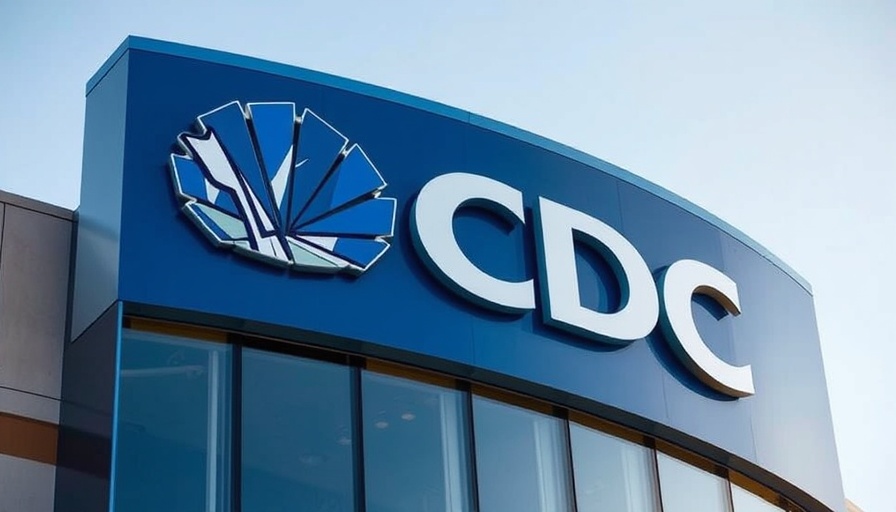
Understanding the Uncertainty Surrounding CDC's Advisory Panel
The recent termination notices received by four members of the Vaccines Advisory Committee of the CDC have raised eyebrows. This committee, known as ACIP, plays a crucial role in shaping vaccination policies that directly affect public health decisions across the United States. With the ongoing changes in U.S. vaccine policies, such board changes bring both uncertainty and concern among health professionals and the public alike.
The Impact of Administrative Changes
The abrupt nature of these terminations leads many to speculate whether they are indicative of deeper bureaucratic issues or politically motivated actions. Health Secretary Robert F. Kennedy Jr. has been vocal about his stance on vaccination guidelines, even preemptively issuing recommendations that traditionally would have been guided by the research and decisions of ACIP. This unprecedented move raises questions about the future dynamics of the committee and its role in policymaking.
Public Health and Trust: A Delicate Balance
For the average citizen, understanding these changes is crucial. ACIP is tasked with advising the CDC based on evidence and public health data. Their expertise helps maintain public trust in vaccination programs. When members are uncertain about their appointments or face abrupt termination, it can create a ripple effect of concern regarding the decisions being made on behalf of public health. Communication and transparency will be key in reassuring the public amid these transitions.
Future Implications for Vaccination Policies
The fate of these board members and the future of ACIP itself could have lasting impacts on vaccination strategies in the U.S. If individuals with significant expertise in immunization practices are replaced or dismissed, potential shifts in recommendations may not align with established scientific understanding. Stakeholders, from healthcare providers to patients, should closely monitor these developments to understand their implications on vaccine accessibility and public health initiatives moving forward.
Final Thoughts on Vaccine Guidance
In times of uncertainty, the importance of reliable information and steadfast advocacy for public health cannot be understated. As we observe how these changes unfold, it's essential for the community and health stakeholders to engage in conversations about vaccine policies and continue seeking clarity and fact-based guidance.
 Add Row
Add Row  Add
Add 




Write A Comment